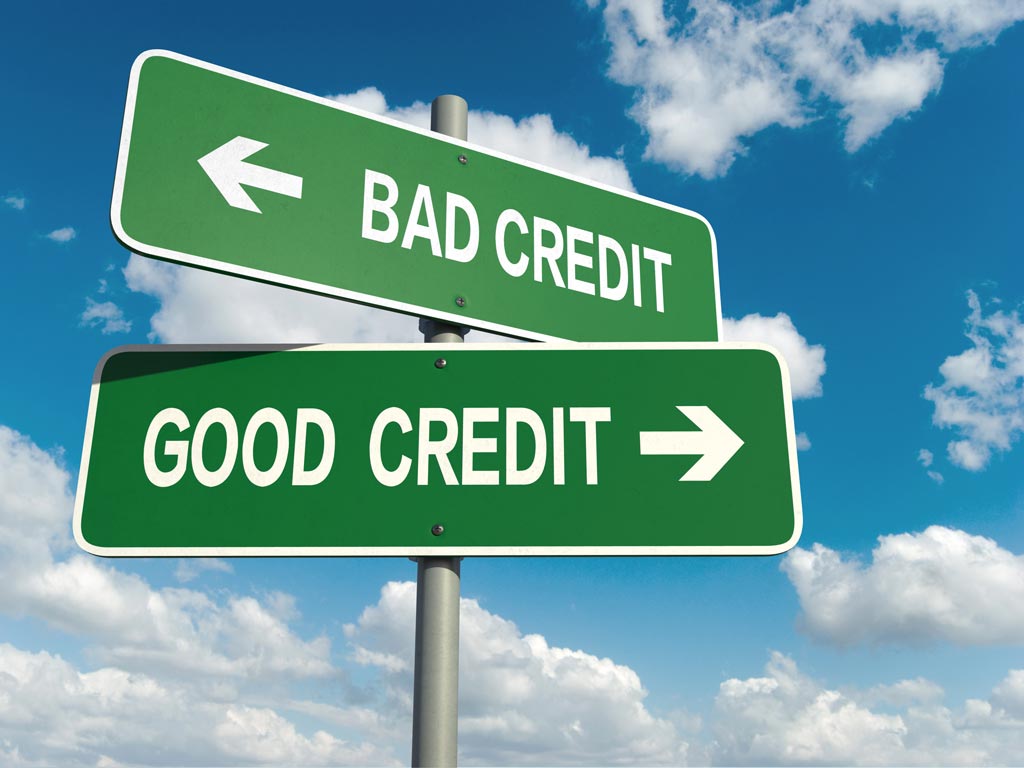
Your credit score is a crucial piece of financial information. If you have tax debt, you’re probably worried about the impact on this all-important rating.
But do taxes affect credit scores? And if tax debt affects your credit score, what are your options? We consider the relationship between credit score and tax below.
What Is a Credit Score?
Your credit score is a rating used by lenders to determine how likely they are to offer you credit. The higher your score, the more likely it is you’ll be approved for credit such as:
- Home loans
- Credit cards
- Business loans
- Car finance
A high credit score implies that you’re a lower risk borrower who is more likely to repay the debt on time. As a result, you’re more likely to secure the best interest rates and payment terms.
What about those with no credit history? If you’ve never had credit before, this could make you seem “riskier” because lenders have no payment history to judge you by. However, this is only one factor used to calculate your overall score.
What Impacts Your Credit Score?
Various factors impact your credit score, including:
- Your payment history i.e. whether you pay loans and credit cards on time
- How much debt you already have compared to your income
- The types of credit you have e.g. a mixture of loans and credit cards
- How frequently you apply for new credit
Consequences of a Low Credit Score
Before we look at the relationship between credit score and tax, let’s answer another question. Does a low credit score really matter?
The answer is yes. A low credit score makes it harder to secure credit when you need it. So, for example, you’ll find it harder to get a home loan. And even if you do find a lender, you may be offered higher interest rates and worse payment terms.
As we can see, it’s concerning to think that taxes might impact your credit rating. But is there a link between credit scores and taxes? Let’s take a look.
Do Taxes Affect Your Credit Score?
Interestingly, the short answer is no. The IRS does not report any tax information to credit bureaus. So, technically, there’s no link between your credit score and taxes. In fact, you’re entitled to confidentiality under the Taxpayer Bill of Rights.
However, the consequences of tax debt will often affect your credit score. Here’s why.
Tax Liens Are Public Records
A tax lien is the legal right for the IRS to seize property to cover tax debt. The lien can cover any property, including your home. Although a tax lien has potentially severe consequences for the taxpayer, it does not appear on your credit report. Therefore, it will not affect your credit score directly.
Notice of Federal Tax Liens
When the IRS issues a Notice of Federal Tax Lien, it’s a public record. This means that lenders can see that the IRS has a priority claim over an asset. This could, indirectly, deter lenders from giving you credit. This is because they’ll have concerns about how to recover the debt if you don’t keep up payments.

Tax Levies
A tax lien gives the IRS a legal claim over property. A levy is when the IRS exercises this right and takes the asset. This is, of course, a very serious consequence.
However, as confirmed by the IRS, tax levies are not public records. They will not affect your score as there’s no chance of them appearing in your credit report or a public record.
Paying By Credit Card Can Hurt Your Credit Score
If you use a credit card to pay tax debt, you’re putting yourself in further debt. This could impact your ability to meet your monthly credit card payments. Over time, if you miss any repayments, you could damage your credit score.
Tax Debt Reduces Your Debt-to-Income Ratio
Your debt-to-income ratio is the comparison between how much debt you have, and what you earn. If creditors think you’re “overstretched”, they’re less likely to lend to you. This is because a high debt-to-income ratio implies that you already have too much debt compared to your earnings.
Tax debt stretches your debt-to-income ratio because it’s an additional payment you’re obliged to make. Lenders also know that you might prioritize tax debt payments over regular loan payments.
So, indirectly, tax debt can impact your overall credit worthiness.
Loan Applications Can Damage Your Credit Score
Similarly to the above, say you decide to apply for a loan to cover tax debt. Taking on more credit could place you in financial difficulty. And multiple credit applications could be a red flag to potential lenders.
There’s another question worth addressing, and that’s about filing taxes. Does filing taxes affect your credit score? To be clear, no. Just as back taxes won’t directly affect your credit score, filing taxes has no impact on your score, either.
How to Avoid Tax Debt
Life happens and it’s not always possible to avoid back taxes. However, there are steps you can take to reduce the chances of accruing tax debt.
- Get help the moment you suspect you can’t pay your taxes on time. The sooner you set up a payment plan or reach an alternative solution, the less debt you’ll accumulate.
- If you’re self-employed or responsible for paying your own taxes, have a tax plan. Knowing how much you owe helps with budgeting throughout the year.
- Look for ways to minimize tax liabilities in the first place. This could be, for example, through retirement planning.
- File your taxes on time even if you can’t pay. Otherwise, you’ll face penalties and interest charges which only make your tax debt more expensive.
Our tax team is happy to help if you need advice on meeting your tax obligations.
Free Tax Consultation with the Innovative Tax Relief Team
Although unpaid tax won’t directly affect your credit score, the consequences might. The best way to avoid tax debt – and protect your credit score – is to make payments on time. But at Innovative Tax Relief, we know this is not always possible.
If you owe the IRS and need help managing tax debt, reach out to us for the effective solution you’re looking for. Our free tax consultations help you explore your legal options so you can take charge of your finances.
Call now to schedule a meeting or leave us a message online if you prefer.
